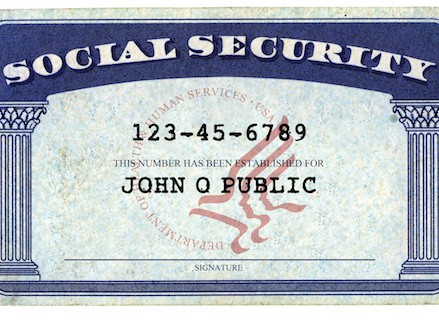The IRS allows for ministers opting out of social security if they have a conscientious objection to it on religious grounds. There are strong opinions out there about whether or not ministers should opt out or stay in.

The Case for Staying In
Staying in keeps you enrolled in social security benefits:
- retirement income
- health care in retirement (Medicare)
- disability income
- death benefit for your dependent survivors
And let’s face it: having all that tax money back in your pocket now sure would sure help make ends meet, but it’s really hard to discipline yourself to put that away into investment accounts and insurance products that will replace those public benefits (instead of just spending it).
Similarly, MinistryCPA.com states the common-sense opinion that if the US economy were so bad that social security was failing, most other investments would be in the tank, too. So investing your own retirement funds is no guarantee that you’d save yourself that financial catastrophe.
But avoiding taxes and the potential failure of the system are actually invalid reasons for opting out of social security.
Guidestone Financial makes the case that “Few ministers can opt out of Social Security by meeting the strict IRS guidelines required for filing IRS Form 4361…” since the minister has to certify under penalty of perjury that they are objecting on religious principle and that they’ve notified their ordaining body of their objection (among other requirements; see below).
The Case for Opting Out
Many ministers do opt out. You need to decide for yourself what your conscience allows. If you’re going to opt out, you need to have a strong case for choosing that. It has to be based on your theology, and it should be as strong a case as someone who will not serve in the military under draft orders because they’re a pacifist.
Russell Moore, president of the Ethics & Religious Liberties Commission of the SBC, offers this test:
As you make this decision, ask yourself whether you plan to preach and teach your people that participating in Social Security (as payer or recipient) is a sin against God. If the “opt out” provision were revoked, would you willingly go to prison rather than pay the tax?… If the answer to these questions is “no”… then you are not a conscientious objector to Social Security taxes.”
On a practical level, StartChurch.com adds that opting out of social security as a minster only affects your ministry income. Many of us have had or will have jobs outside ministry. Those wages are still subject to social security, regardless, and if you’re in the system long enough, you can still qualify for social security benefits at retirement even though you opted out as a minister.
Of course, just below the surface of that argument lurks a financial and not religious objection, but it is factual and counters some well-intentioned but misinformed advisers who may tell you the contrary.
Steps for Opting Out of Social Security
If you’ve decided to stay in, there’s really nothing for you to do. Everyone’s in automatically. If you’ve decided that opting out of social security is the course you must take, then here’s what to do:
- Be sure that you’re an ordained, commissioned, or licensed minister of a church
- Be sure that you’re within the short window when it’s allowed: the application below is due on the same day as your tax return is due for the second tax year in which you earned ministry income
- Before you do anything else, inform your church’s ordaining body that you object to accepting public insurance benefits (and keep good records that you did)
- Only now download and complete IRS Form 4361
- Mail the signed original and 2 copies to the IRS address on the form
- The IRS will mail you a “statement that describes the grounds for receiving an exemption under section 1402(e)” (I haven’t been able to find a copy of this yet)
- Sign the statement (under penalty of perjury) to certify that you have read it and seek exemption on those grounds – I’d keep a copy of this if I were you
- Mail the signed statement back to them
- If they approve your exemption, they’ll mark one of those copies “approved” and mail it back to you
- Keep it in a very safe place for your permanent record
Remember, once it’s approved, you cannot revoke it.
